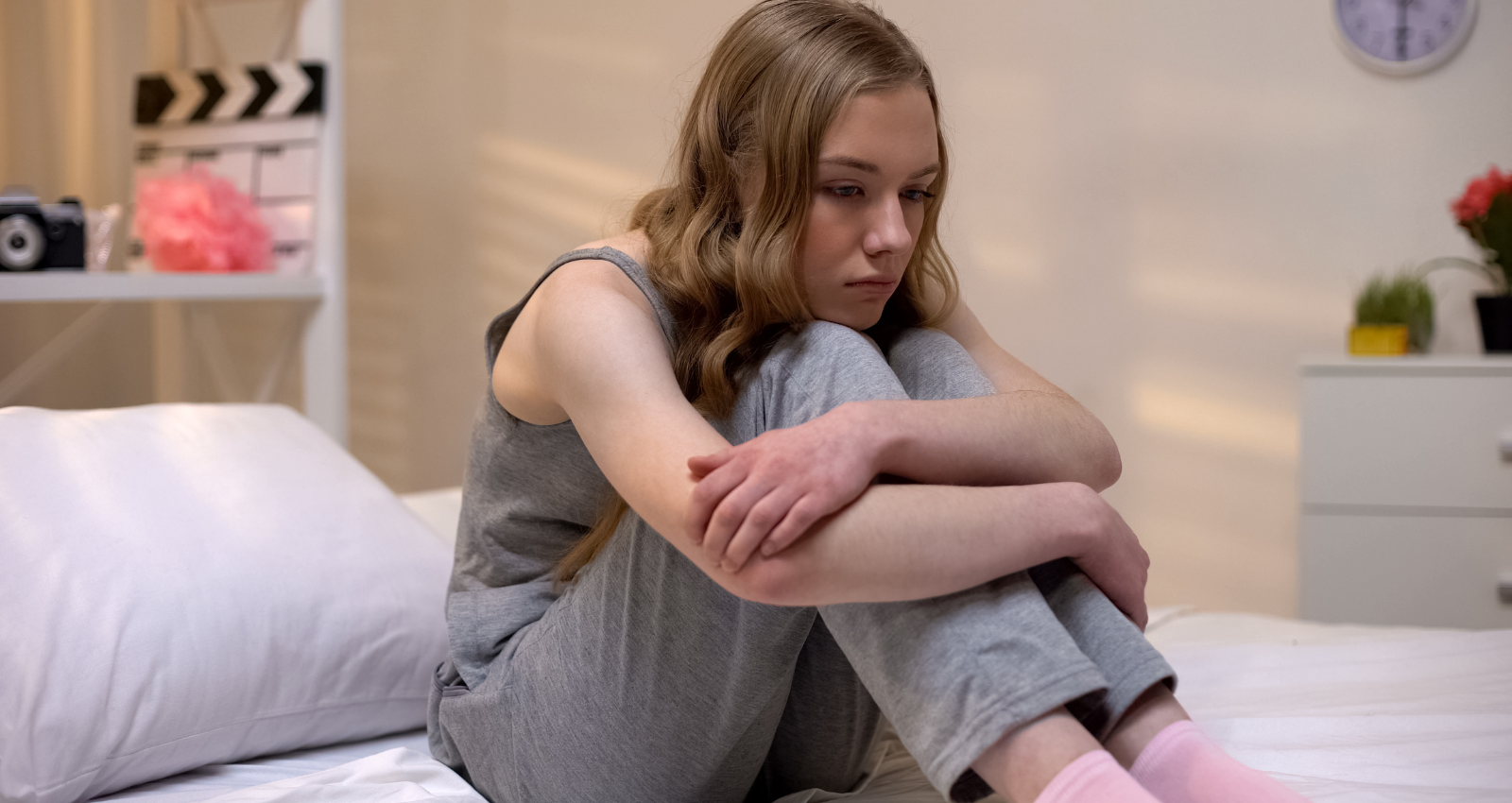
Is social anxiety a sign of autism?
It is often assumed that being socially awkward is a sign of autism. The truth whilst anxiety is a common symptom of autism, it doesn’t necessarily come hand in hand with an autism diagnosis. Autism is a spectrum disorder and there is a well-known saying that we love – ‘if you meet one person with autism, you meet one person with autism’. Every child with autism is different. In this blog, we are going to talk about children with autism who struggle with anxiety and social anxiety and what you can do to help them feel more at ease and comfortable.
Social anxiety can be caused by lots of different things in children with Autism, including:
- Sensory needs
- Communication difficulties and feeling misunderstood
- A change in routine

Not only may your child want to avoid social situations because of this, but anxiety might also cause them to have a low mood, feel anxious and overwhelmed, cause nausea, insomnia and panic attacks. It is therefore important that parents are aware of what can trigger their child’s anxiety so that they can explore what can help and support them.
Sensory needs triggering social anxiety
If your child has sensory needs, consider where the social meeting is taking place, including travelling to and from the location. It could be the noise and smell of the area or the feel of the furniture. It might even be a concern over eating and whether there will be social pressure to eat something that they are uncomfortable with. It is important to find places that your child feels comfortable visiting and for some children this may simply be at home, which is their safe space. Look for venues that have a quiet space, if needed.

Feeling misunderstood
Lots of children with autism have communication difficulties. If your child is non-verbal or has limited speech, are they able to communicate how they feel in social situations? A communication passport, which explains how your child interacts and communicates in specific situations, might be helpful for those that they are interacting with. Some children feel misunderstood and feel like they don’t ‘fit in’. They might find it hard to read social cues and this can cause anxiety and avoidance of certain social situations.
A Change in Routine
A change of routine can cause social anxiety. Children with autism often need routine to help them feel comfortable and know what to expect. It is therefore understandable that changing routine and visiting somewhere to be social might cause them to feel panicky, stressed and anxious. Using tools such as social stories and picture exchange symbols (PECS) might help to prepare your child for change. Early preparation is key. This could include using photographs or gradually building up time in a place so that they feel less anxious being there.
Useful tips on managing social anxiety in children with Autism
Other things that you can do to support your child when experiencing social anxiety is:
- Keep a diary to try and gauge triggers.
- Speak to family, friends and their school to make them aware of how they feel and how best to support them.
- Ensure that you have the right communication aids to help them, including visual schedules.
- Use fidget toys or allow them to bring an item that they find comforting to help them self-soothe.
- Speak to your GP to see if counselling or medication would be beneficial.

